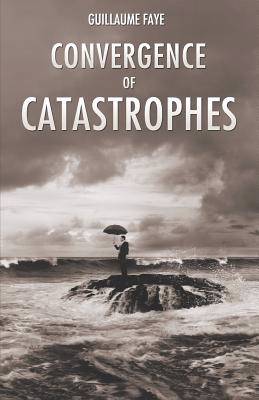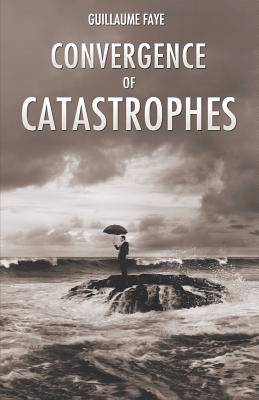
- Retrait gratuit dans votre magasin Club
- 7.000.000 titres dans notre catalogue
- Payer en toute sécurité
- Toujours un magasin près de chez vous
- Retrait gratuit dans votre magasin Club
- 7.000.000 titres dans notre catalogue
- Payer en toute sécurité
- Toujours un magasin près de chez vous
Description
The thesis of this book is a terrifying one: our present global civilisation will collapse within twenty years, and it is too late to stop it. We shall regress to a 'New Middle Ages' akin to the fall of the Roman Empire, only much more destructive. For the first time in the whole of human history, certain 'dramatic lines', giant crises and catastrophes of immense proportions - already tangible - have emerged. They are converging and will most likely reach their zenith by 2020. Up to that time, as we have already been witnessing, their effects will continue to get worse, until a breaking point is reached. Guillaume Faye rigorously examines these escalating crises one by one: environmental damage and climate change; the breakdown of a speculative and debt-ridden globalist economy; the return of global epidemics; the depletion of fossil fuels and of agricultural and fishing resources; the rise of mass immigration, terrorism and nuclear proliferation; the worsening of the rupture between Islam and the West; and the dramatic explosion of a population of the elderly in the wealthy countries - all of it leading to an unprecedented worldwide economic recession, an increase in localised and possibly large-scale armed conflicts...and perhaps worse. Still, Faye reminds us, we should not give in to pessimism: what we are experiencing is not an apocalypse, but a metamorphosis of humanity. We might have reached the end of what the Hindu traditions refer to as the Kali Yuga, the 'age of iron' marked by materialism and selfishness, but those who survive the catastrophe and chaos will perhaps build a new and better humanity... With a doctorate in political science from Paris' Institute of Political Science, the essayist Guillaume Faye was one of the principal theoreticians of the French Nouvelle Droite in the 1970s and '80s prior to his growing sympathy for the identitarian movement. He has also been a journalist at Figaro-Magazine, Paris-Match, Magazine-Hebdo, Valeurs Actuelles, and a radio commentator. For several years he was the editor of J'ai tout compris (I Understood Everything), a private newsletter.
Spécifications
Parties prenantes
- Auteur(s) :
- Editeur:
Contenu
- Nombre de pages :
- 220
- Langue:
- Anglais
Caractéristiques
- EAN:
- 9781907166464
- Date de parution :
- 15-06-12
- Format:
- Livre broché
- Format numérique:
- Trade paperback (VS)
- Dimensions :
- 140 mm x 216 mm
- Poids :
- 285 g







